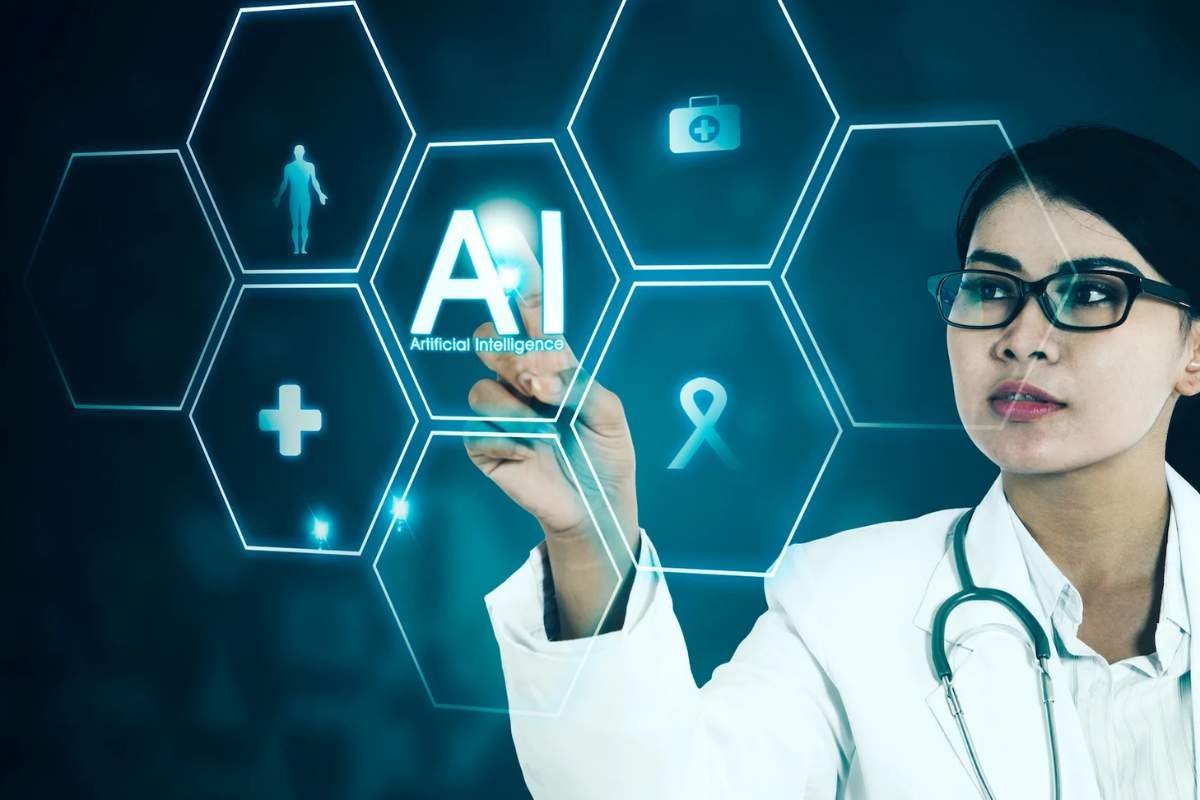Source-mindinventory.com
Promises and Challenges of AI in Healthcare
As artificial intelligence (AI) technologies increasingly enter the healthcare space, there is both optimism and concern about their potential impact. Research from UC Santa Cruz doctoral candidate Lucia Vitale, along with University of British Columbia’s Leah Shipton, explores the landscape of AI’s integration into healthcare. On the one hand, AI could revolutionize healthcare by improving supply chain management, monitoring disease outbreaks, diagnosing illnesses, interpreting medical images, and potentially addressing inequities in healthcare access by compensating for labor shortages.
However, this advancement comes with significant challenges. Critics have raised concerns about privacy violations, biases in AI models, lack of transparency in decision-making, and the potential misuse of AI by insurance companies to discriminate against vulnerable populations. The long-term impact of AI in healthcare will largely depend on how these tools are developed and deployed, with risks of harm if not carefully regulated.
Structural Limitations and Global Inequities
In their paper for Social Science & Medicine, Vitale and Shipton argue that AI in healthcare could follow the path of previous technological advances that ultimately fail to address the root causes of health disparities. Much of the AI being developed focuses on treating specific diseases rather than addressing the underlying social and economic determinants of health. This focus could divert attention from proven, low-tech interventions like community health workers and harm reduction programs, which are critical in improving public health.
Additionally, the ownership and control of AI technology are concentrated in high-income countries, while low- and middle-income nations, with weaker regulatory frameworks, may be exploited for data extraction and experimentation with untested technologies. The researchers also highlight the concern that the AI industry’s focus on profit could overshadow the needs of underserved populations, leaving the world’s poorest behind in the development of new health solutions.
Opportunities for AI and the Importance of Regulation
Despite these challenges, Vitale and Shipton identify the potential for AI to improve healthcare systems by optimizing resource allocation, enhancing diagnostic capabilities, and filling gaps in labor and expertise, especially in underserved areas. AI could help small rural hospitals provide essential services, such as prenatal care in regions with maternity care shortages. These advancements could lead to more equitable healthcare access, but only if implemented with careful planning and oversight.
To avoid the pitfalls of past health technologies, the researchers argue that strong regulations are essential. Without clear guidelines, AI could exacerbate inequalities rather than reduce them. Vitale and Shipton call for ethical governance of AI in healthcare through global efforts led by the World Health Organization and major public-private partnerships. A coordinated approach is necessary to ensure that AI benefits society and doesn’t reinforce harmful patterns of exploitation. As Shipton notes, “With AI, we have an opportunity to correct our way of governing new technologies, but it requires a clear agenda and ongoing advocacy.







